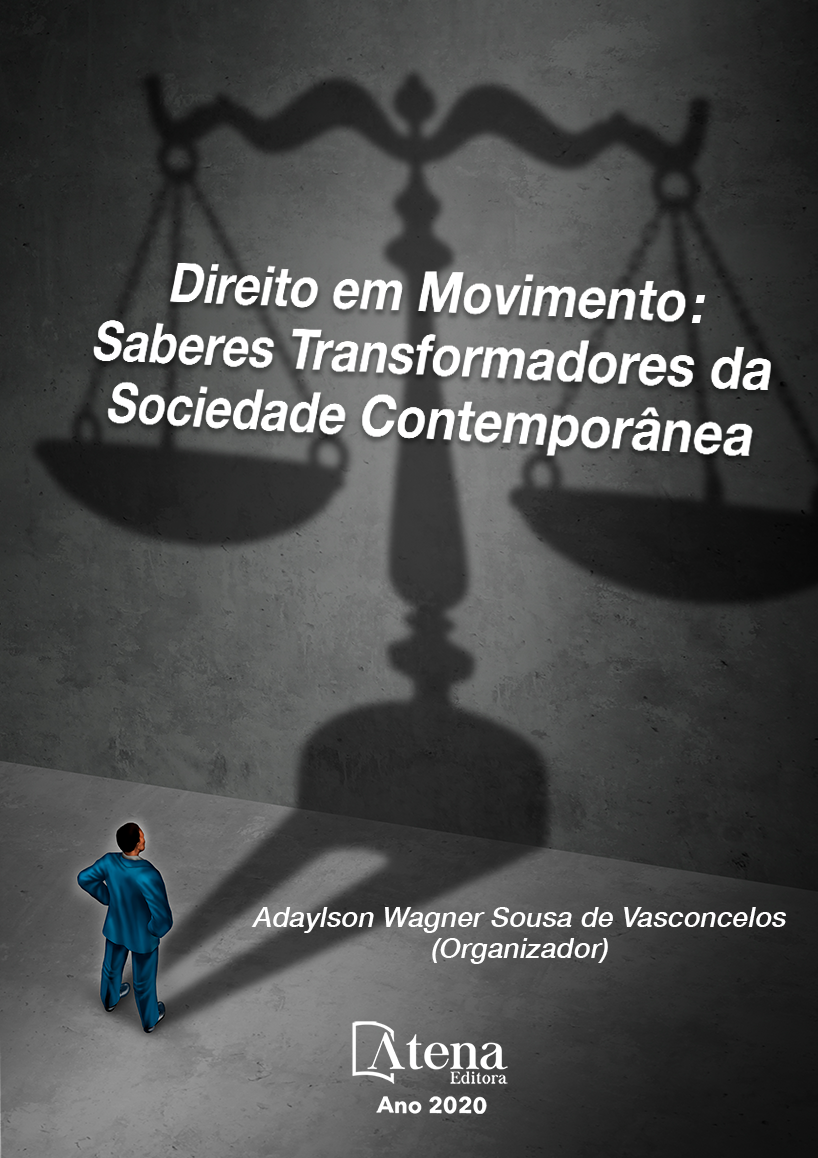
A PENSÃO ALIMENTÍCIA PARA EX-CÔNJUGE E SUA INCIDÊNCIA NOS DIREITOS HUMANOS
O presente trabalho sobre a pensão alimentícia para ex-cônjuge teve a finalidade de abordar esse instituto disciplinado pelo Código Civil brasileiro de 2002 no âmbito dos direitos humanos problematizando a sua atual aplicação pelo Poder Judiciário brasileiro. A pesquisa se justificou porque o Superior Tribunal de Justiça tem emitido decisões no sentido de que esse instituto deve ter caráter temporário e ratificando-a no ano de 2017, sendo esta uma possível afronta aos direitos humanos principalmente das mulheres, posto que são as maiores beneficiadas pela pensão alimentícia para ex-cônjuge, visto que costumam ser as que majoritariamente abdicam de sua carreira acadêmica e profissional com fins de se dedicar aos cuidados do lar e da família. Para tanto, o estudo pautou-se nos métodos de abordagem dedutivo e indutivo e de procedimento qualitativo com base em pesquisa bibliográfica, documental e jurimetria. Como hipótese inicial defendeu-se que a prestação alimentícia deve ser analisada pelo poder judiciário sob a ótica de um instrumento para efetivação dos direitos humanos dispostos na Constituição Federal de 1988, bem como em tratados internacionais assinados pelo Brasil como a Convenção sobre a Eliminação de Todas as Formas de Discriminação contra a Mulher e o Pacto Internacional dos Direito Civis e Políticos. Concluindo, verificou-se que esse instituto não deve ter obrigatoriamente um caráter temporário em determinadas situações nas quaisnão é possível que o ex-cônjuge venha se reinserir no mercado de trabalho, sob pena de esta decisão estar legitimando a desigualdade material entre gêneros.
A PENSÃO ALIMENTÍCIA PARA EX-CÔNJUGE E SUA INCIDÊNCIA NOS DIREITOS HUMANOS
-
DOI: 10.22533/at.ed.69220130810
-
Palavras-chave: Pensão alimentícia; Direitos Humanos; Superior Tribunal de Justiça.
-
Keywords: Spousal Support; Human Rights; Superior Court of Justice.
-
Abstract:
The present article about spousal support board this institute disciplined by the Brazilian Civil Code of 2002, within the scope of human rights, questioning it's current applicability by the Brazilian Judiciary. The research was justified because of the Superior Court of Justice has issued decisions in an effort to this institute must have a temporary character and ratified this in 2017, being this a possible human rights affront, mainly for womens, since they are the biggest beneficiaries of spousal support, because they tend to be those who mostly give up on their academic and professional careers in order to dedicate themselves to the care of home and family. Therefore, the study was based on the deductive and inductive approach methods and qualitative procedure based on bibliographic, documentary and juridical research. As an initial hypothesis, it was argued that the food supply should be analyzed by the judiciary from the perspective of being an instrument for effecting the human rights disciplined in the 1988 Federal Constitution, as well as in international treaties signed by Brazil, such as the Convention on the Elimination of All Forms of Discrimination against Women and in the International Covenant on Civil and Political Law. In conclusion, was found that this institute should not have necessarily a temporary character in certain situations in which it is not possible for the ex-spouse to reinsert in the labor market, having the possibility to legitimize material inequality between genders with this decision.
-
Número de páginas: 16
- Patricia Martinez Almeida
- José Manfroi
- Isabella Nogueira Freitas


